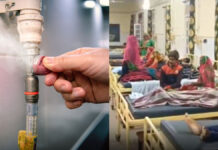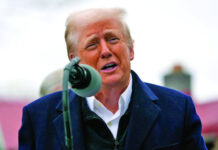“After transmission is established, physical distancing and the quarantine of sick individuals will work, but it takes time,” Scarpino added.
In order to fight a pandemic, travel restrictions are most useful in its early and late phases, a new study suggests. Analysis of human mobility and epidemiological data by a global consortium of researchers, led by the University of Oxford in the UK and Northeastern University in the US, shows that human mobility was predictive of the spread of the epidemic in China. “Our findings show that early in the coronavirus outbreak travel restrictions were effective in preventing the import of infections from a known source,” said study researcher Moritz Kraemer from the University of Oxford. Restrictions of travel from Wuhan province in China, unfortunately, came too late. The research, published in the journal Science, showed that the impact of travel restrictions declines as the epidemic grows. Provinces outside Hubei that acted early to test, track and contain imported coronavirus cases fared the best in preventing or containing local outbreaks, the study said.



























